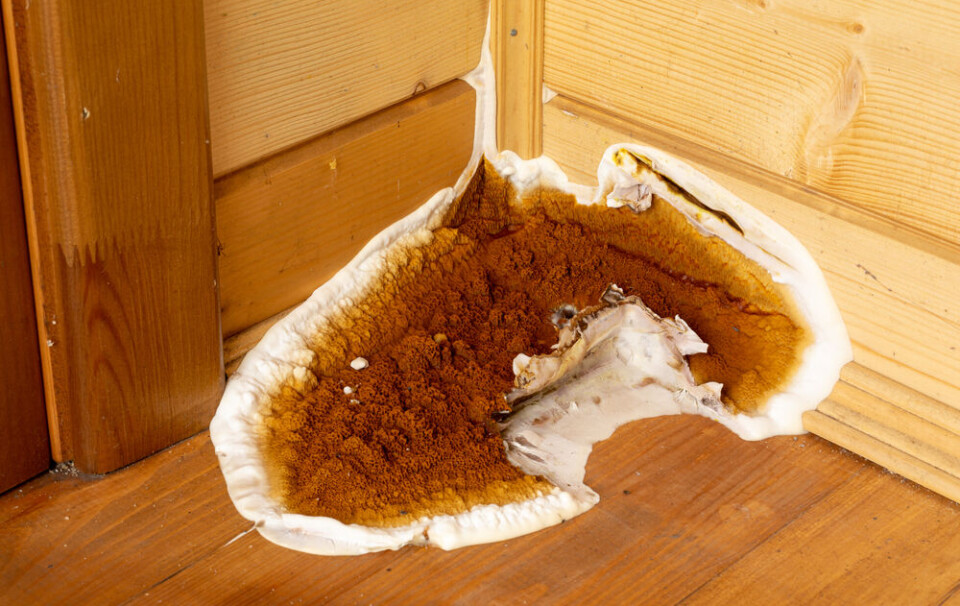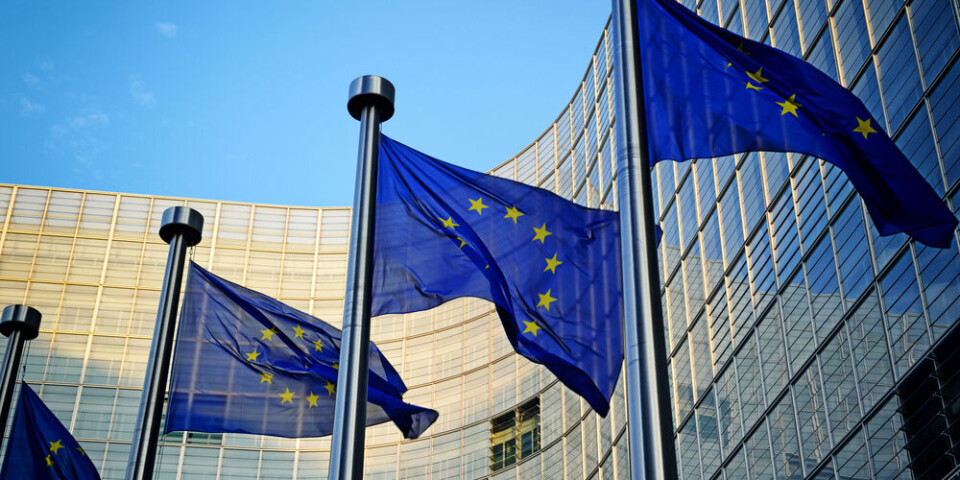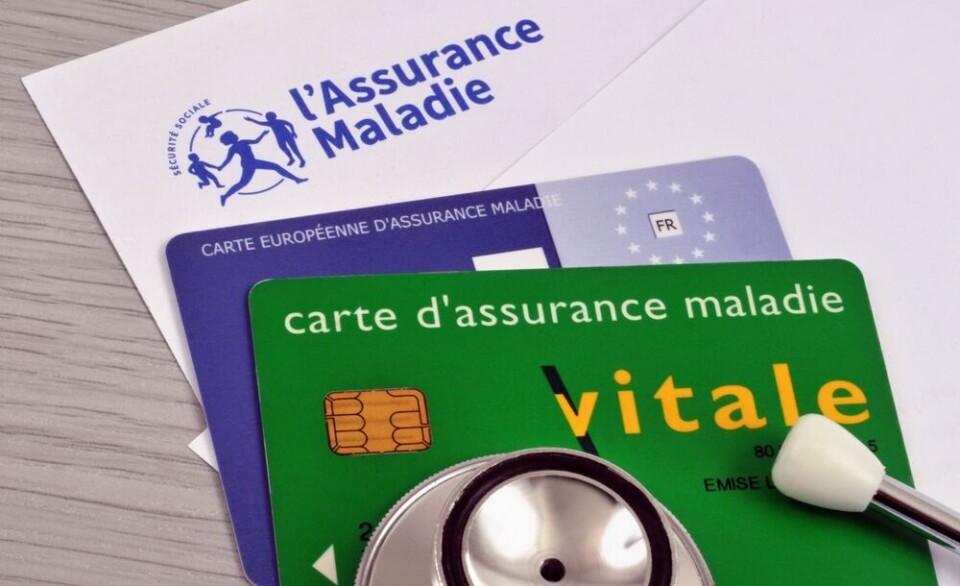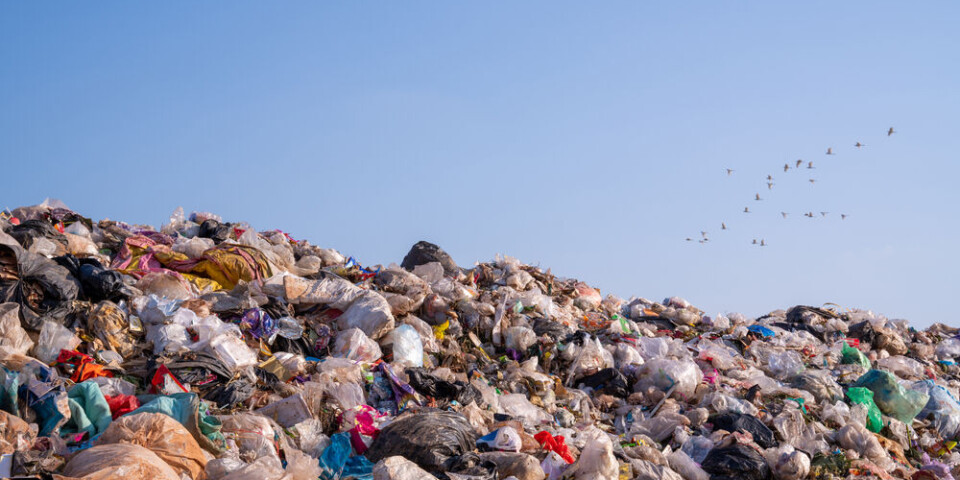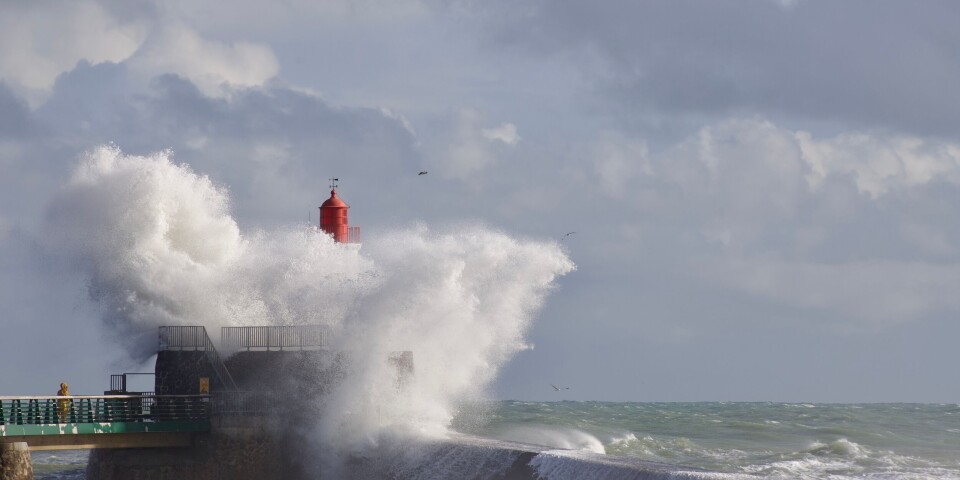-
Bilingual guide helps English-speakers access emergency healthcare in France
A number system helps people communicate better with emergency services
-
French village latest to end door-to-door rubbish collection
The €1 million project is intended to ‘reduce anti-social waste behaviour’
-
Could France soon become cashless?
Cash use is declining except in certain specific situations
Brittany's orange sea poses no danger to public
Unusual colour of water along beaches caused by natural phytoplankton

Waves lapping the beaches of southern Finistère turned an unusual shade orange at the weekend - but there is nothing to worry about, authorities have said.
Officials banned anyone from entering the sea for several hours on Saturday at Trégunc, Moëlan-sur-Mer and Clohars-Carnoët because of the strange colour of the water in several sections of beaches.
Bretagne: marrée orange en sud Finistère ! Via @LeTelegramme https://t.co/VT0nz19cpV pic.twitter.com/raDzLktdmi
— PBN (@heoltom) July 8, 2018
But investigations have confirmed that the effect has been caused by a perfectly natural phenomenon - a bloom of the phytoplankton Noctiluca scintillans.
The orange water may appear on beaches along the coast of neighbouring Morbihan in days to come. In a statement, a spokesperson for the prefecture said: "On the Breton coasts, the proliferation of phytoplankton does not present any particular danger for bathing activity."
But officials have issued the following advice.
- Do not swim in areas of algae accumulation.
- Take a shower after swimming.
- Stop children ingesting seawater.
- Avoid walking on areas with phytoplankton deposits due to a risk of falling.
- Do not eat shellfish, crustaceans and dead fish.
Stay informed:
Sign up to our free weekly e-newsletter
Subscribe to access all our online articles and receive our printed monthly newspaper The Connexion at your home. News analysis, features and practical help for English-speakers in France
Après le Finistère, la marée orange pourrait toucher le Morbihan https://t.co/QypQ3vLiIR pic.twitter.com/B2HrrkEnfA
— ICI (@ici_officiel) July 8, 2018








